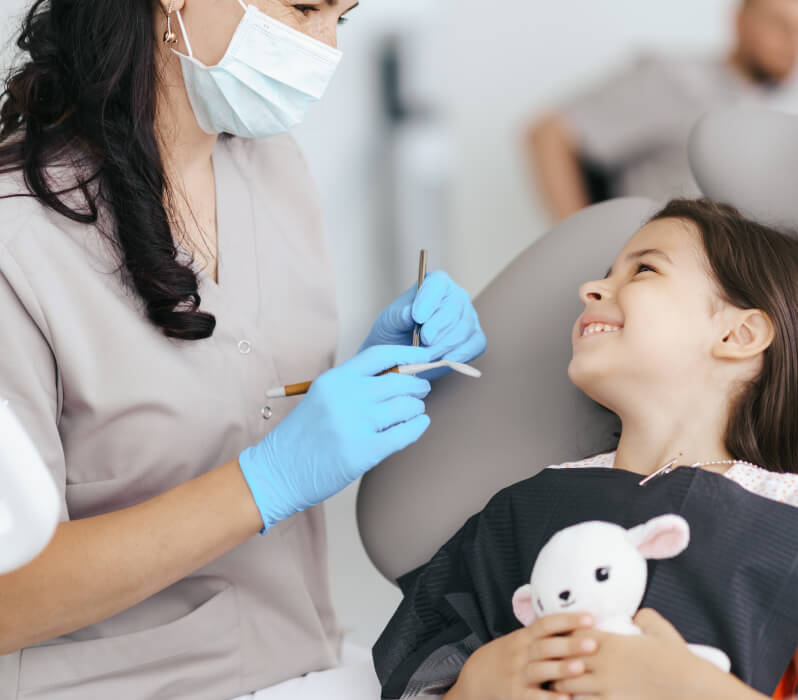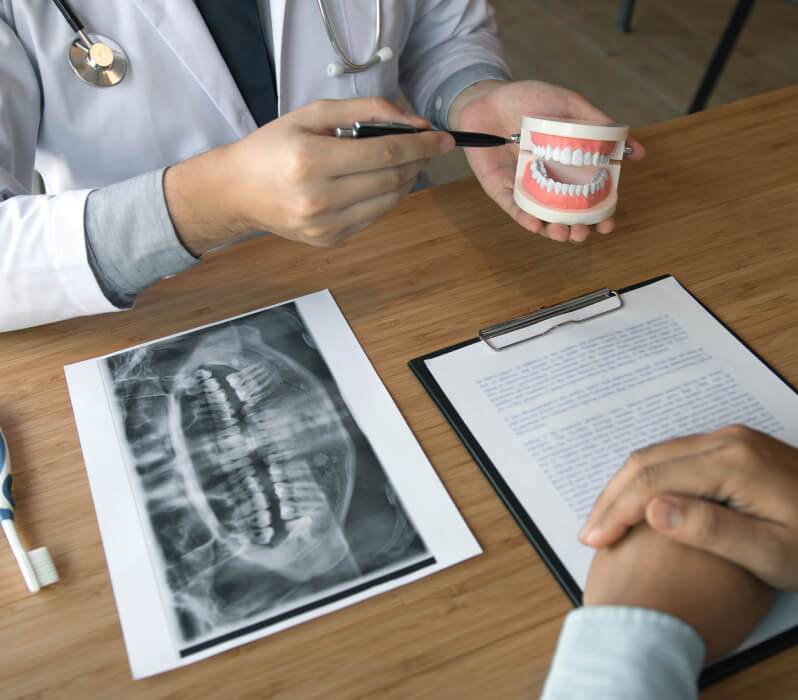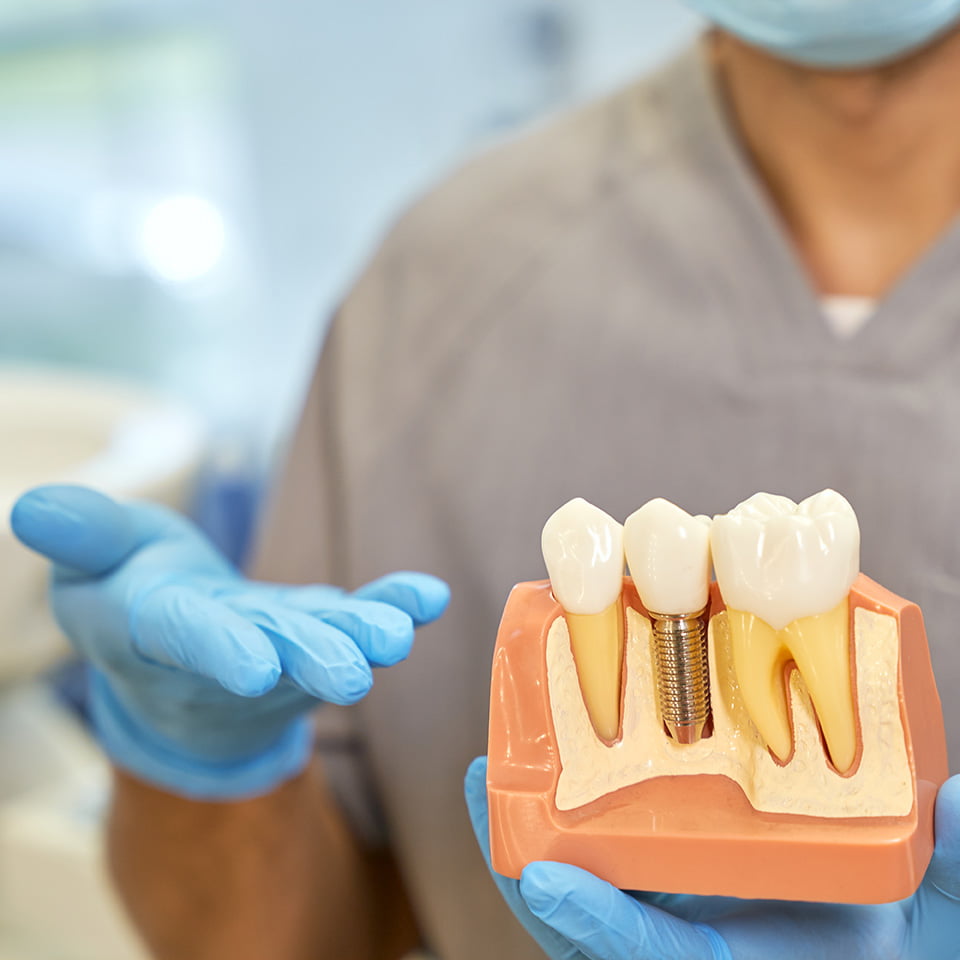
What Is The Best Way To Pay For Dental Implants?
The Financial Challenge of Dental Implants Despite their unparalleled advantages, the journey towards obtaining dental

Listen or Read Dr. Igor Kaplansky’s Podcast Interview!
Topic – Mini Implants for Denture Stabilizatio
nBelow you will find an easy to read transcript of Dr. Igor Kaplansky’s monthly podcast interview. You can click the video to listen to the podcast or simply read the easy to follow transcript below. Enjoy
!Podcast Interview
:RC: Hello everyone, this is Liz Harvey coming to you from our studio in New York City where we are dedicated to bringing you top quality advice from many of the leading expert professionals across the United States
.In today’s episode, we are speaking with Dr. Igor Kaplansky. Dr. Kaplansky is the founder of Dentistry by Dr. Kaplansky in Gasport, NY. He grew up in Russia and after receiving his dental degree, he was accepted into the International Dentist program at the University at Buffalo, School of Dental Medicine. He graduated Cum Laude in 1998 with a Doctor of Dental Surgery degree and continued as a resident in the Advanced General Dentistry program at Buffalo
.Since 1999, Dr. Kaplansky has been practicing family dentistry with a special interest in orthodontics and dental implants. He has been recognized with prestigious fellowship awards from the Academy of General Dentistry and the International Congress of Oral Implantologists
.Dr. Kaplansky is widely considered to be one of the top dentists in the country and he is also a contributing member of our national network of industry professionals.
Today we’re going to talk about a very important topic: Mini Implants for Denture Stabilizatio
nRC: Hi, Dr. Kaplansky. How are you today
?Dr. Igor Kaplansky: Hi, Liz. Thanks for having me
.RC: Great. Well, thanks for being here
.Question 1: What are mini implants? How are they different than regular dental implants
?Dr. Igor Kaplansky: Great question. Mini implants are literally just a smaller diameter implants. They have appeared in dentistry about 15 years ago or so. They were initially specifically developed for patients that had very little bone left so the patients could not receive conventional implants that were larger in diameter. The thinking was that if we place some tiny little mini implants in there, they may be able to help these patients temporarily. Initially they were thought of as a temporary or transitional implant. People didn’t really have great expectations of them. But over time what was discovered is that these implants performed very well. In some cases as well as conventional implants. So then FDA re-thought this whole thing and they approved mini implants for long-term use. Now we use mini implants along with conventional implants for denture stabilization and sometimes even restoring individual teeth on mini implants. The difference between the mini implant and the regular implant is just that. It’s just the size and diameter
.Question 2: What problems do people experience with traditional dentures that a mini implant could solve
?Dr. Igor Kaplansky: Traditional dentures (I’m sure people that already wear dentures know that but people that don’t have dentures probably not aware of are practically a plastic plate or a piece of plastic that is sitting on the gum) Every time a patient bites on a denture, that plastic piece moves. There is really nothing holding it in place. We hope for some suction to keep the dentures from moving. A lot of times, people have to go to the pharmacy and buy adhesives or denture glues to glue them in place. But this is all that denture wearers have. They either rely on suction, if there’s some suction in there, if a denture fits well, or they put a ton of glue underneath to prevent the denture from moving
.Another problem of denture wearers is that every time they bite on the denture, the pressure from the biting gets transferred from the denture directly onto patient’s gum. So imagine you gumming the food through the denture. Basically that’s what people experience, people that wear dentures. So the force with which they can bite is very limited. They basically start to hurt themselves after a while. They can’t bite on anything really hard, unfortunately
.This is the biggest advantage of implant support for dentures and the biggest benefit of mini implants in particular is that they anchor dentures to the patient’s jaw and practically give them the same stability that they would have with their own teeth. Not only can they bite into things without having their dentures move but they can also bite into harder things. They can bite into corn. They can bite into apples. They can bite into a steak without hurting themselves because the denture is resting on the implant and not on their gums
.Question 3: Can you please explain the process for fitting someone with mini implants? What can someone expect to experience during their appointment
?Dr. Igor Kaplansky: It’s a very simple and straightforward process. It takes about an hour to an hour and a half. Normally we use 4 to 5 mini implants to stabilize a denture, lower denture specifically. The most benefit people receive from implants is on the lower denture. So we normally start with the lower. The process is, again, very simple and straightforward. We anesthetize the patient and make them comfortable. Then we make a little tiny pinhole opening into the gum and then the implants are placed through this pinhole opening. So there’s no cuts. There’s no stitching. There’s minimal, if any, bleeding during the procedure. The implants are placed and then the denture is re-lined with a new plastic material underneath. Little metal housings or little keeper caps are embedded inside the denture. These little housings then lock around the implant heads and that is what retains the denture in place
.As far as the patient’s experience during the appointment, like I said, they feel nothing while I’m doing it. Afterwards there may be slight discomfort which is usually managed with some anti-inflammatory or non-steroidal anti-inflammatory drugs, like Motrin or Tylenol
.Question 4: Are mini implants used with dentures more affordable than regular implants? What are some of the other main benefits people enjoy
?Dr. Igor Kaplansky: Mini implants are less expensive than regular implants and they are more affordable. The difference comes from obviously the size. They’re much less expensive to manufacture so they cost less. The procedure is also faster to place them so that is where the savings come from as well. So mini implants are more affordable. They are more comfortable than conventional implants to place
.Let’s see what your other question was. What are some of the benefits people enjoy? The benefits are the quickness of the surgery, it’s very fast; the minimal if any post-operative discomfort; the minimal if any post-operative bleeding; there are no stitches; the healing is very fast. Again, people can start using their dentures the same day. We place the implants. We insert the denture. As soon as the numbness wears off, people can go and enjoy solid food again
.RC: That’s great
.Question 5: Is this a permanent solution? Will the mini implants last or need to be replaced
?Dr. Igor Kaplansky: That’s a great question. Some of it depends on so many factors such as patient’s age, patient’s general health, if there are any other underlying medical problems such as osteoporosis or diabetes. All these things can affect survival and the life span of an implant. But normally, we expect, on a mini implant, we expect at least 15 to 20 years life span. A lot of them last longer than that. As far as having needed to be replaced, even if they do need to be replaced, it’s a very simple procedure to remove an aging or an ailing implant and replace it with a new one. It is simple, straightforward and not a big deal
.RC: Okay. Well, thank you so much, Dr. Kaplansky. We know you are extremely busy, so I just want to thank you for your time and help today
.Dr. Igor Kaplansky: Thank you, Liz. Always a pleasure
.RC: Thanks. For our listeners across the country, if you are interested in speaking with Dr. Igor Kaplansky, you can either go online to https://www.drkaplansky.com or call 716-772-7500 to schedule an appointment
.On behalf of our entire team, we want to thank you for listening, and we look forward to bringing you more top quality content from our country’s leading industry professionals.

The Financial Challenge of Dental Implants Despite their unparalleled advantages, the journey towards obtaining dental

Dental implants have revolutionized the world of dentistry, offering a long-term solution for missing or

The Undeniable Necessity of Replacing Missing Teeth Beyond Cosmetic Concerns The issue of missing teeth
At Dentistry by Dr. Kaplansky, we believe that everyone deserves quality dental care, regardless of their situation. Our experienced team specializes in a variety of services such as dentures, crowns, bridges, implants, and anything else needed to ensure your smile is healthy and beautiful! Our patients are the most important thing to us. That’s why we offer the best service in Gasport, Lockport, Buffalo, and the rest of New York!
With us, you can feel at ease knowing that not only will we meet all your expectations, but we will also provide specialized care tailored to fit each individual’s needs. Additionally, our knowledgeable staff makes sure that all treatments are performed with the utmost safety and precision in order to minimize any discomfort or risks during treatment.
Call or visit our website today to book an appointment with Dentistry by Dr. Kaplansky and get the dental health you deserve!
2023 All Rights Reserved | Dentistry by Dr. Kaplansky, PLLC | Powered by Starfish Ad Age